Bookshelf
2023
-
New
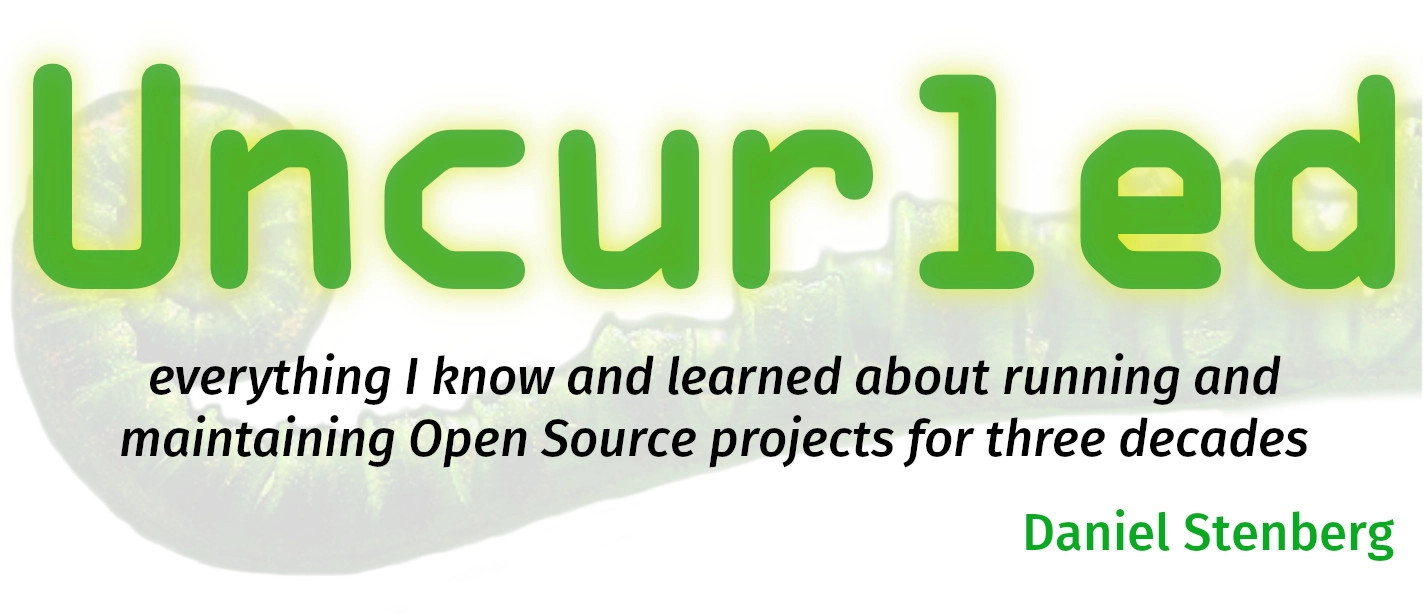
Nothing new for experienced maintainers, but an interesting read nonetheless.
2022
-
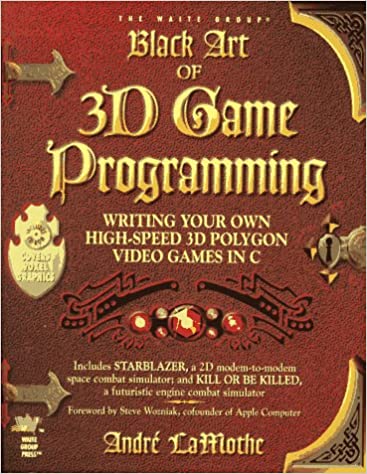
Differently from the author's previous book, this is a good one; it's not one of my favorites, but it'ss consistent, thorough, and it accomplishes the objective it sets. Overall, an interesting and informative read (although the writing style is still unbearable).
-
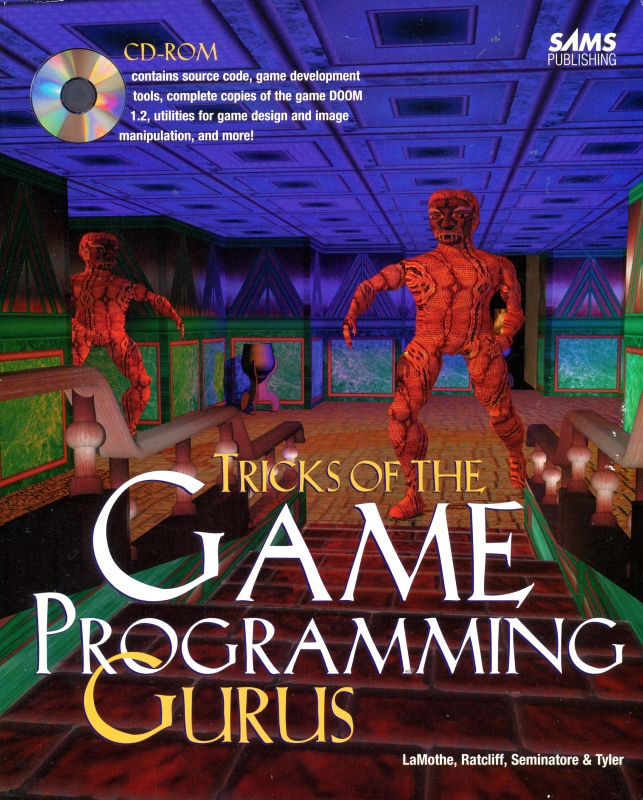
A very fun book on game programming - but surprisingly, a very poor one. The book doesn't hold its premises: there's nothing from gurus (I presume he refers himself as such) because the level is (intentionally) basic, and the project (Warlock) is not a game but a renderer; additionally, by examining both 2d and 3d, it ends up being somewhat disjointed and sparse.
-
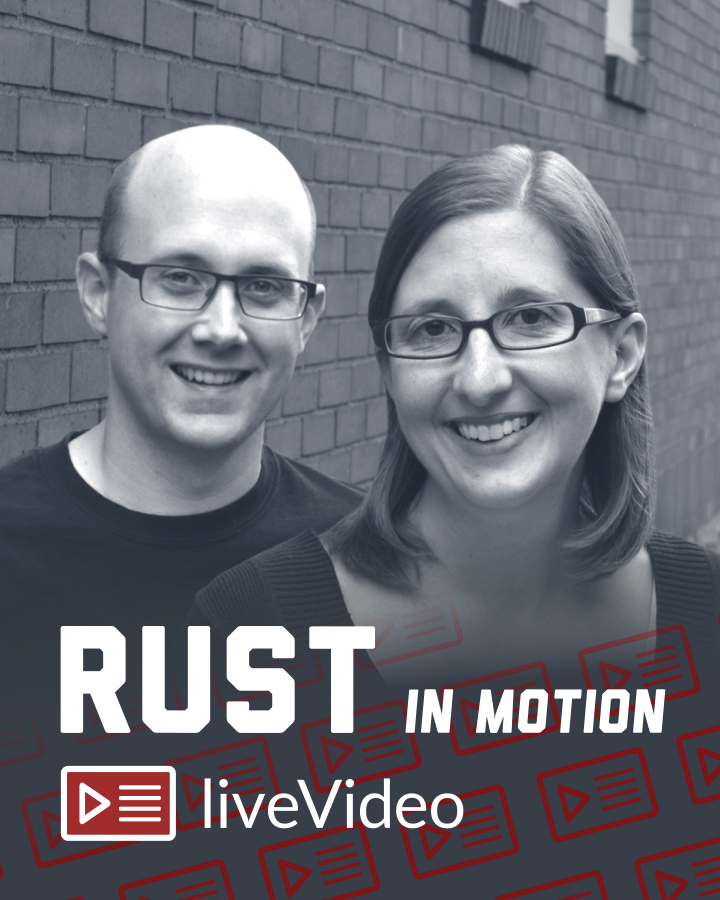
A bit more basic than what I was looking for, but nonetheless, a very solid course! Definintely recommended to those who just finished the reference book.
-
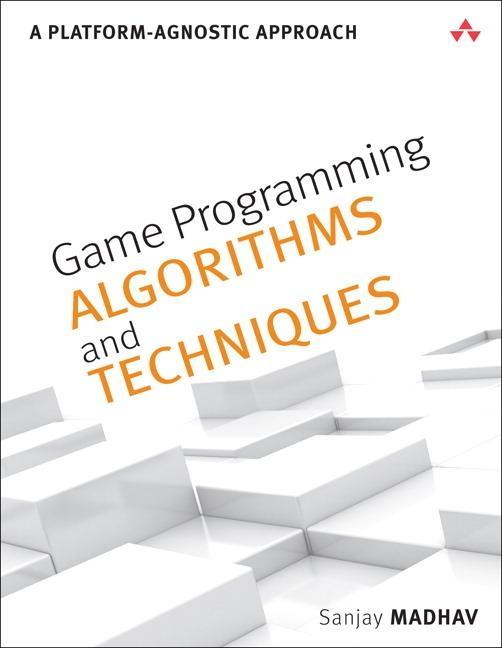
Due to the enormous subject, introductions to game development are inevitably criticizeable for being lacking in a way or another. For this reason, I think that this book can be taken as a fun introduction - small but still fun 😄
-
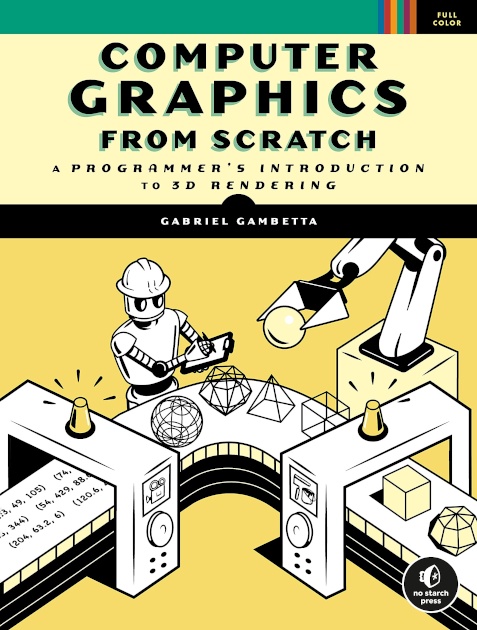
A great introductory book on computer graphics (principles, not implementation!); the math is clearly explained, the book is academic enough but still accessible, and the depth and breadth of the topics is perfect to get a basic understanding of the subject.
-
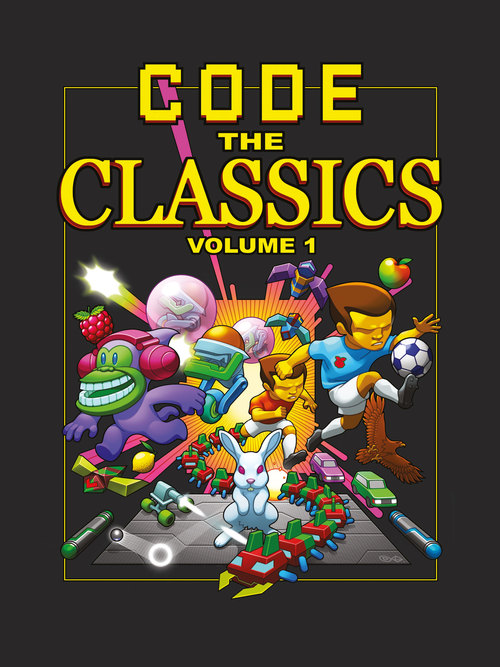
A fantastic book; the four games are simple in concept, but sophisticated under the hood. Excellent for many uses: to learn game development basics; as a base to try out game engines; as code reading exercise.
-
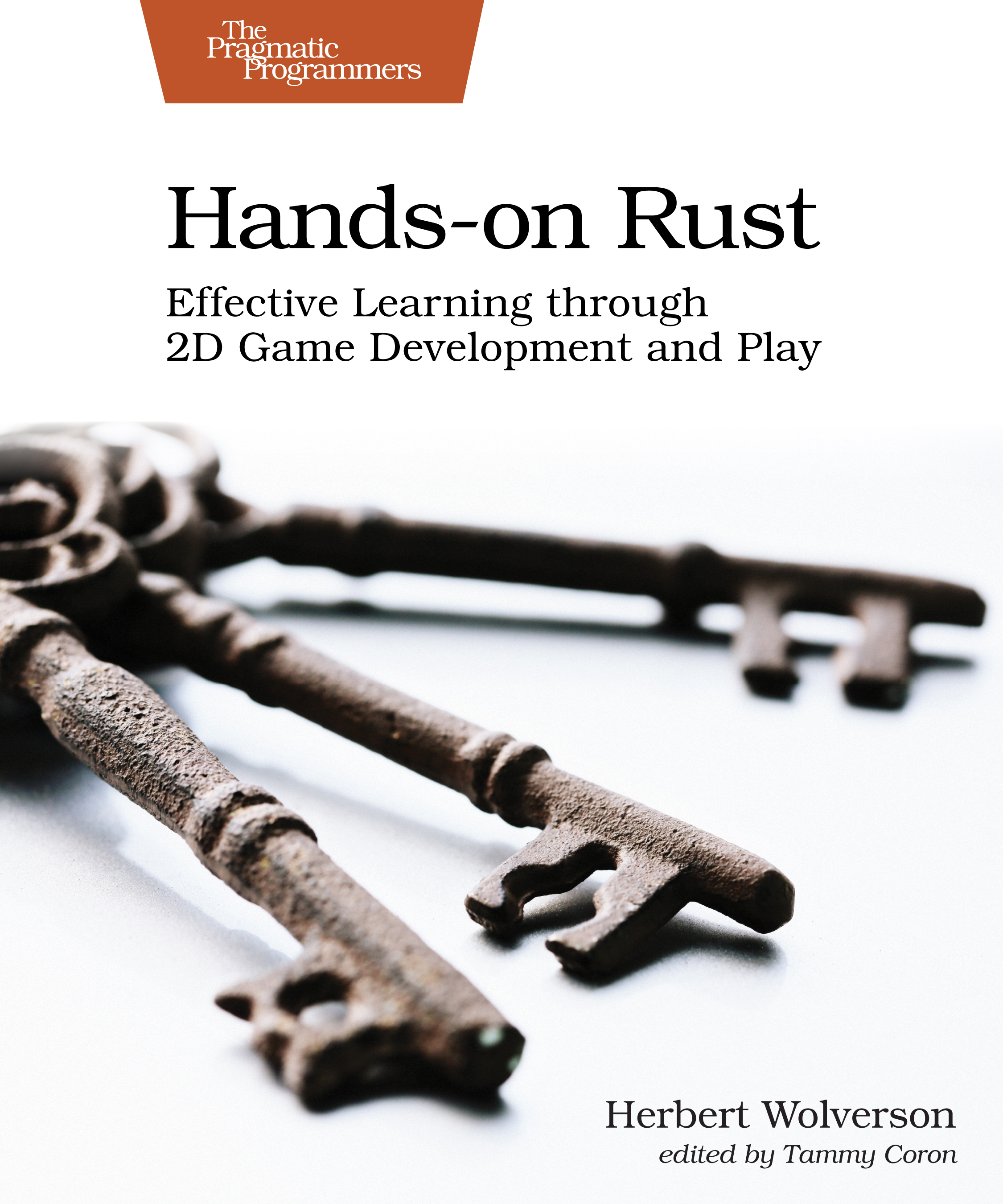
A fun, relaxing, book on the Rust/Gamedev topic. I've also found it very good as code reading exercise, since it's structured as progressive snapshots. Definitely won't make anybody an "intermediate" Rust dev as written, though :)
-
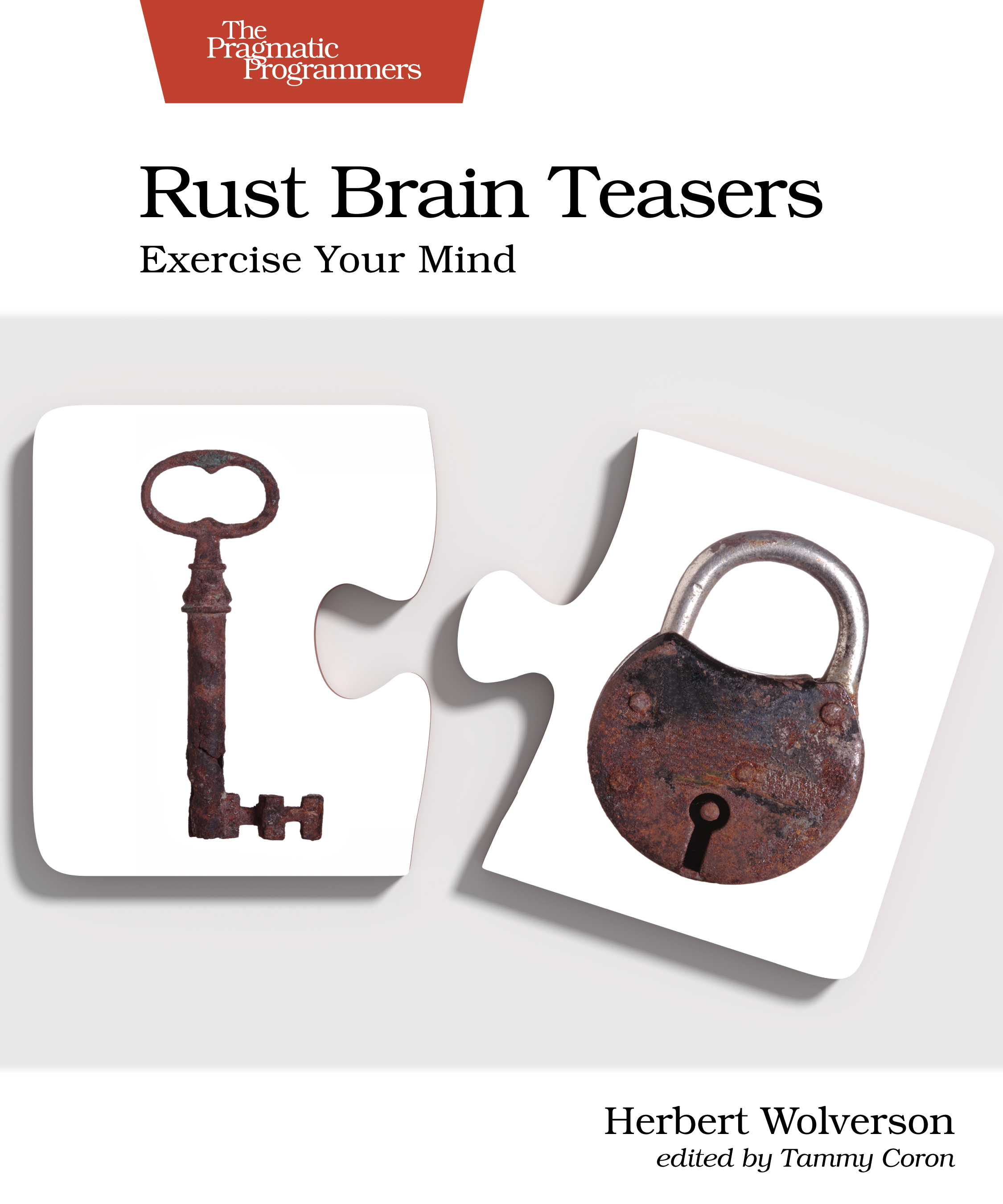
An amusing (and short) book, but nothing more; I was expecting a (much desired) full-blown Rust exercise book, while RBT is composed of simple concepts oriented to a "beginner+" reader.
-
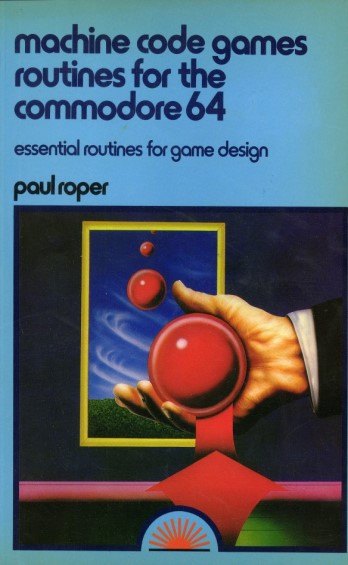
It's not very well structured, it's padded (with design considerations and BASIC routines), and it has lots of bugs, but nonetheless, I find it a good introduction to C64 ASM games programming
-
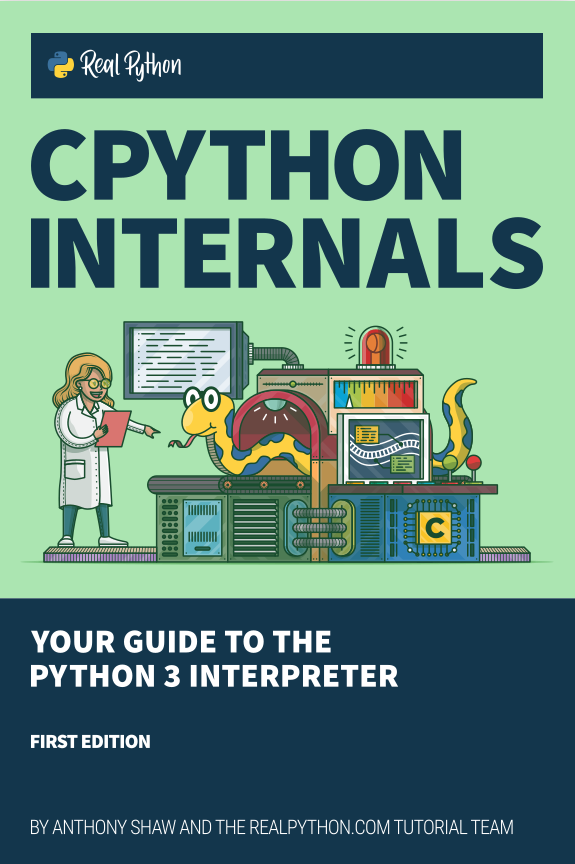
A developer guide, more than a book; not my favourite approach, since it loses the big(ger) picture for the details. Still, may be uniquely useful for those interested in understanding the Python VM.
2021
-
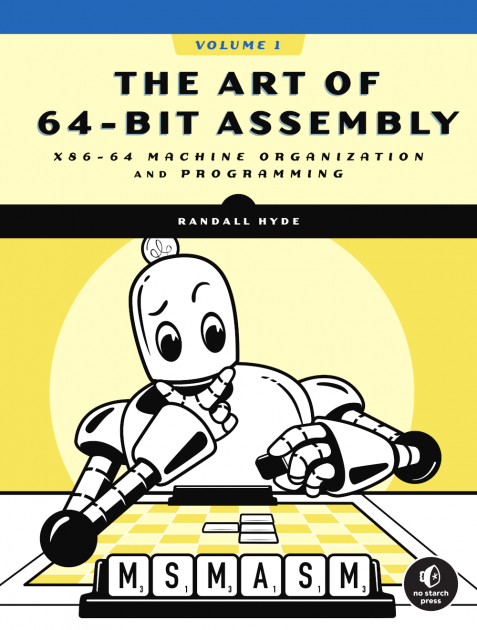
A fantastic book on ASM programming; more than just a reference, as it presents a wide context (including algorithms and questions). The large size is not a problem, as it's possible to read a part of it, and still form a consistent knowledge; also, note that there is a NASM translation for those programming on Linux.
-
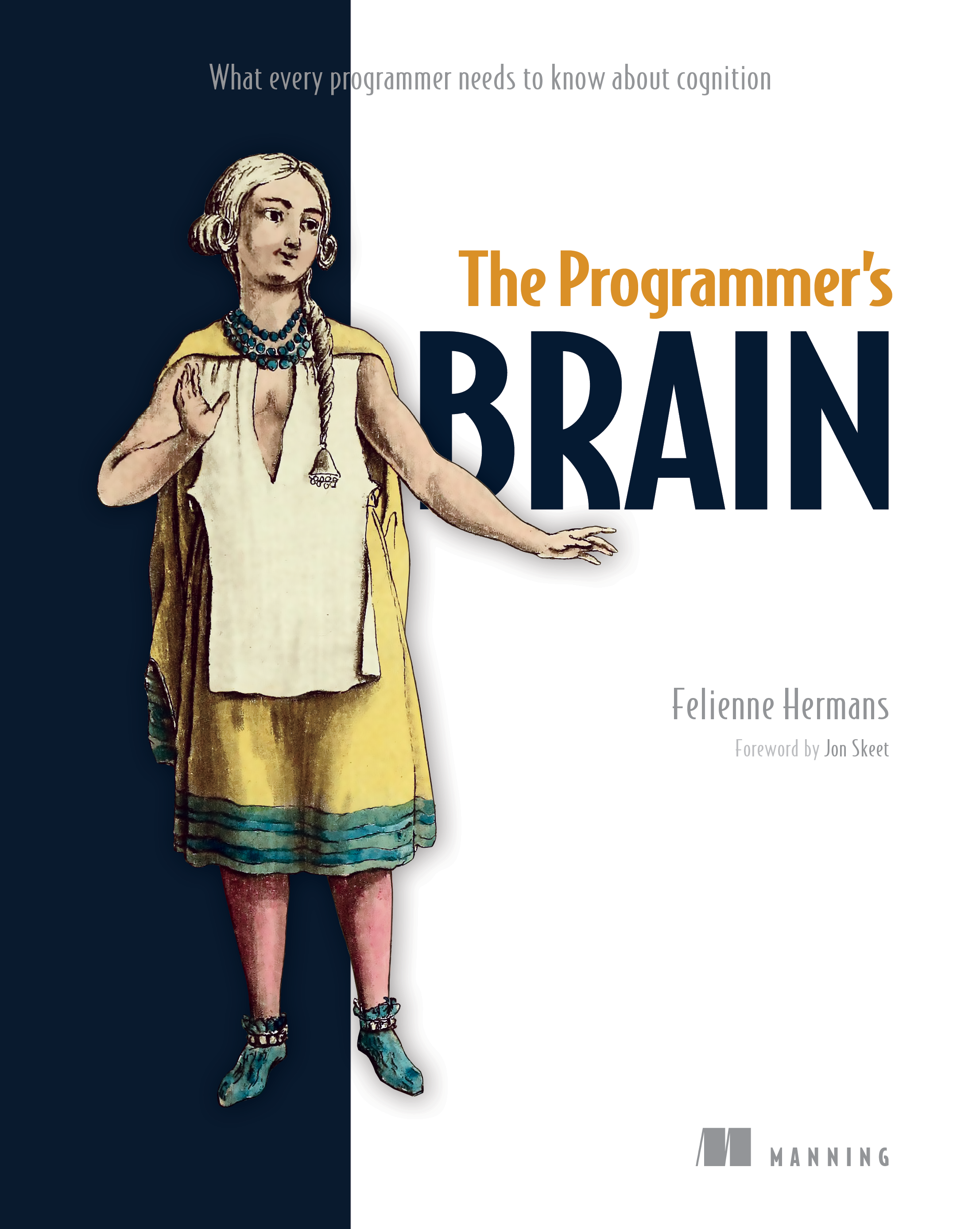
Although I found interesting (for me) only a part of it, I find the attitude of self-examining/improving one's programming skills very significant.
-
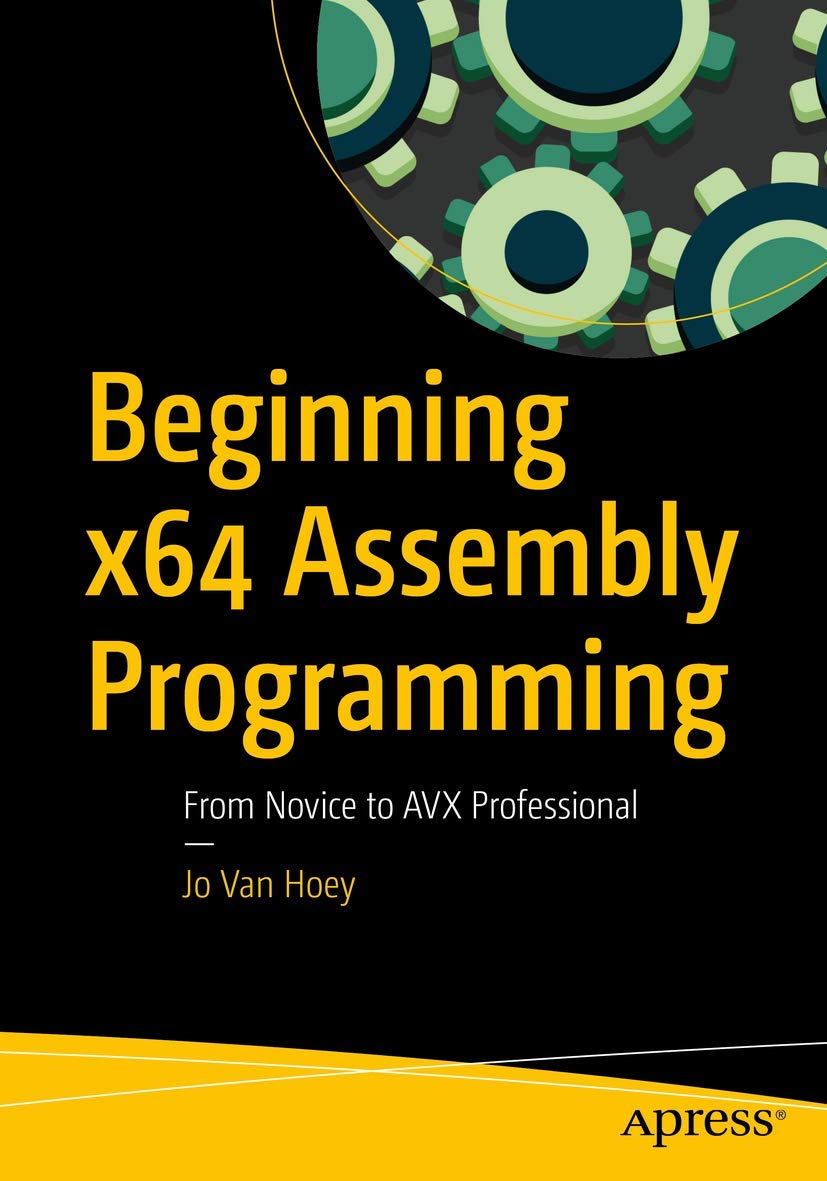
Not my favourite book - see "The Art of 64-bit Assembly" instead; see my article on the errata.
-
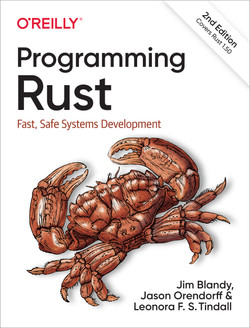
An interesting and precise reference book, best read once past the beginner stage. Worth reading as refresh also for those who already read the 1st edition, although it's not a small book.
-
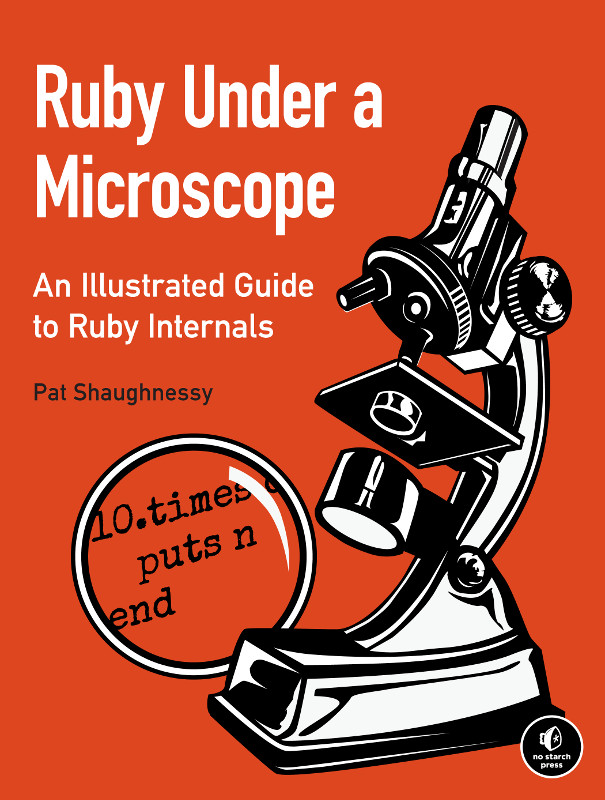
A great book! Serves very well as introduction to programming/understanding interpreters. The concepts are still valid even if the book is old.
-
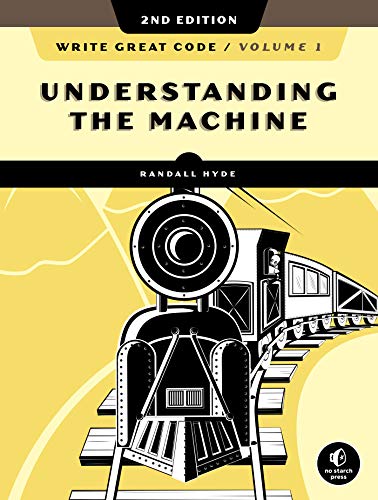
A well-structured and accessible introduction to computer architecture. Although it's practically useful only to few programmers (the premise of the title is a marketing gimmick), I believe that it's nonetheless a meaningful subject for those who want to know more of computers.
-
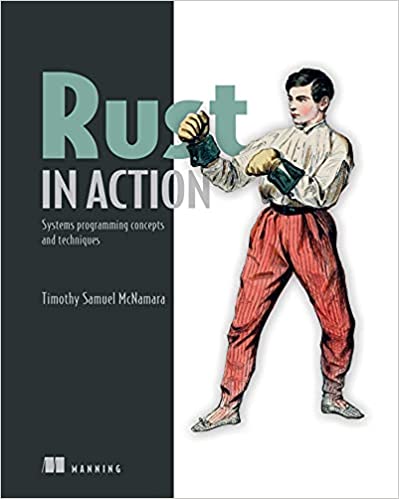
A "Hello world"-style introduction to some systems programming concepts, in Rust. I think it's not an instructive book for developers of any level (it's too superficial in both the system programming and Rust language areas), however, it may be fun for Rust beginners.
-

Udemy "Hands-On Data Structures and Algorithms in Rust"
A very interesting course, although the explain-while-typing style is not suited for the more complex topics, which would much benefit from a dedicated explanation.
Probably, a good choice for those familiar with the topics! -
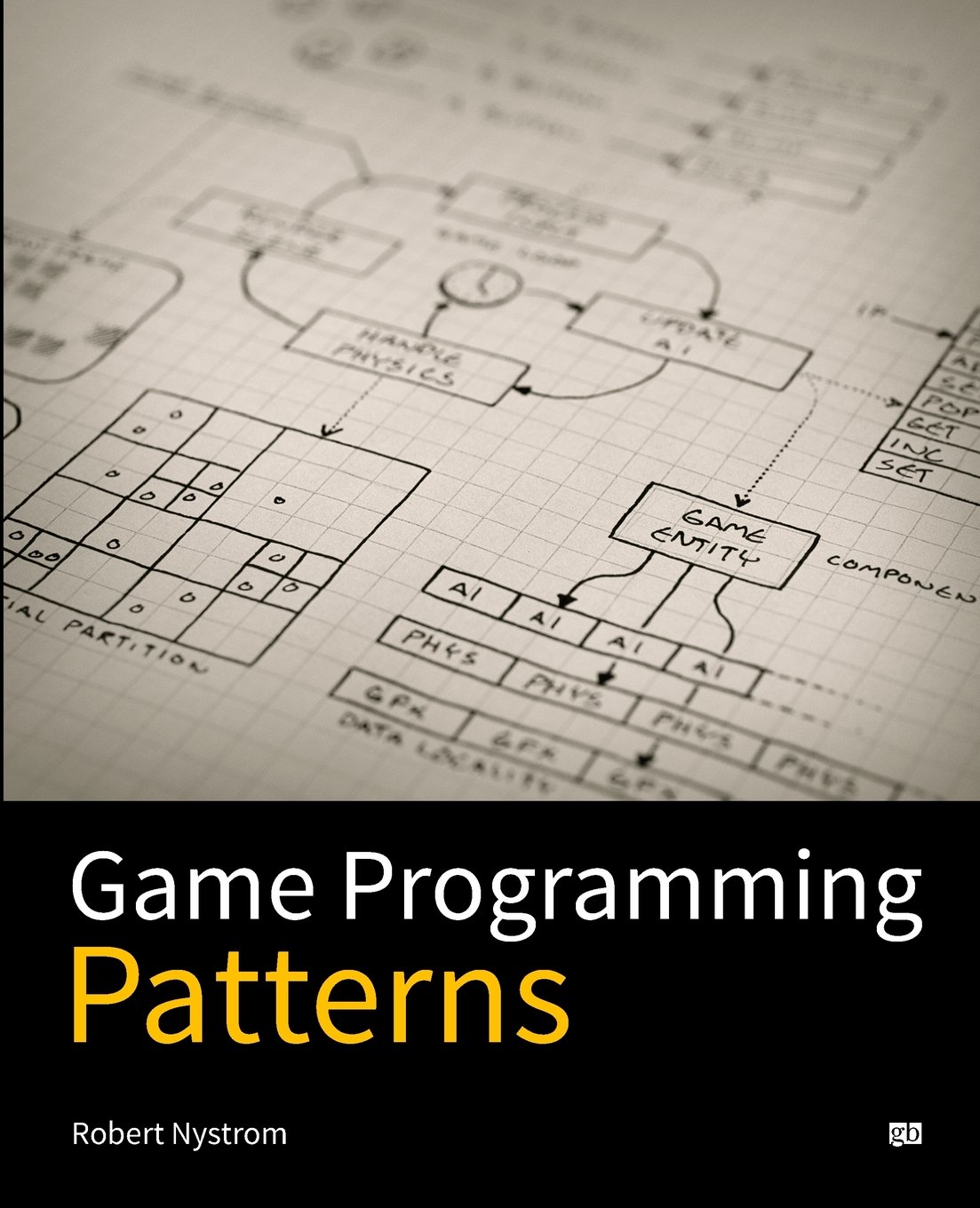
A very good introduction to managing complexity and improving performance in videogame projects.
-
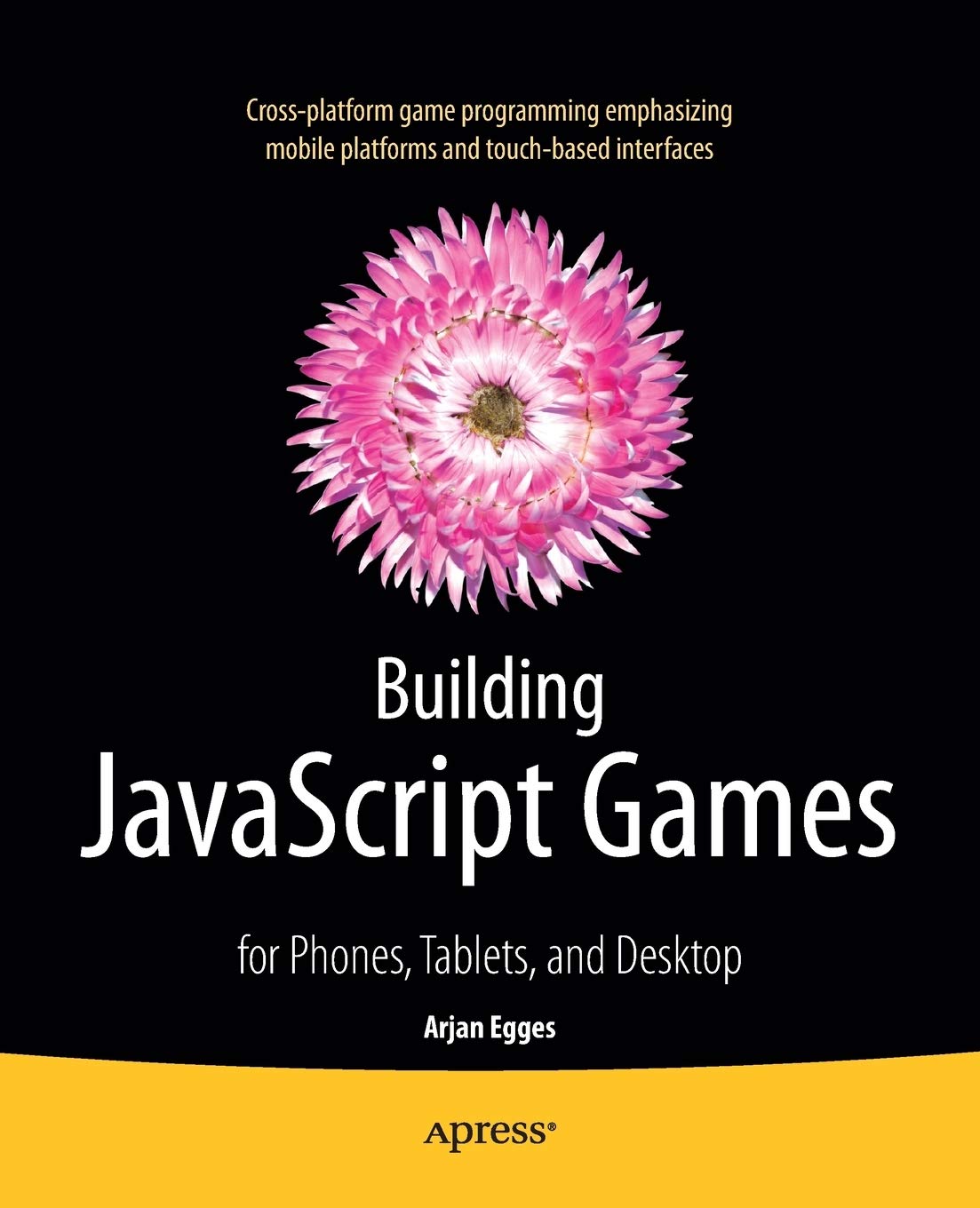
An amazing book, definitely one of the best written technical books I've ever read; there are many reasons for this, and little space. A must for those interested in JS game development, but also an excellent book for those interested in game development (but be aware that the design is deep inheritance!).
-
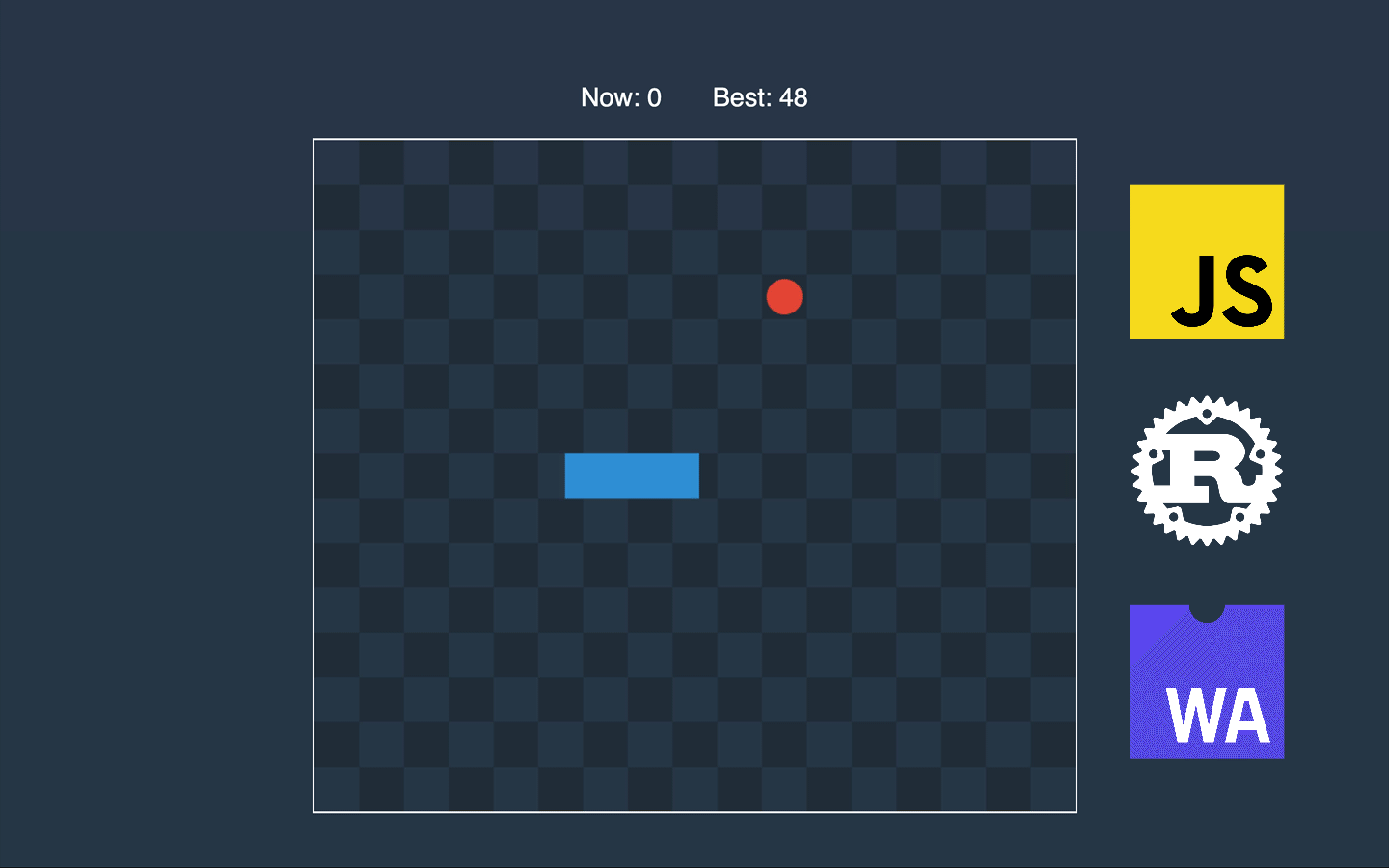 Not a good course, unfortunately. The game merely exposes what the developer is typing, without any teaching in a strict sense; additionally, the code quality is not very good (I suspect that the author has little experience with Rust and/or game development). On the other hand, it can be useful for those who want to see how to wire a WASM project (it was for me).
Not a good course, unfortunately. The game merely exposes what the developer is typing, without any teaching in a strict sense; additionally, the code quality is not very good (I suspect that the author has little experience with Rust and/or game development). On the other hand, it can be useful for those who want to see how to wire a WASM project (it was for me). -
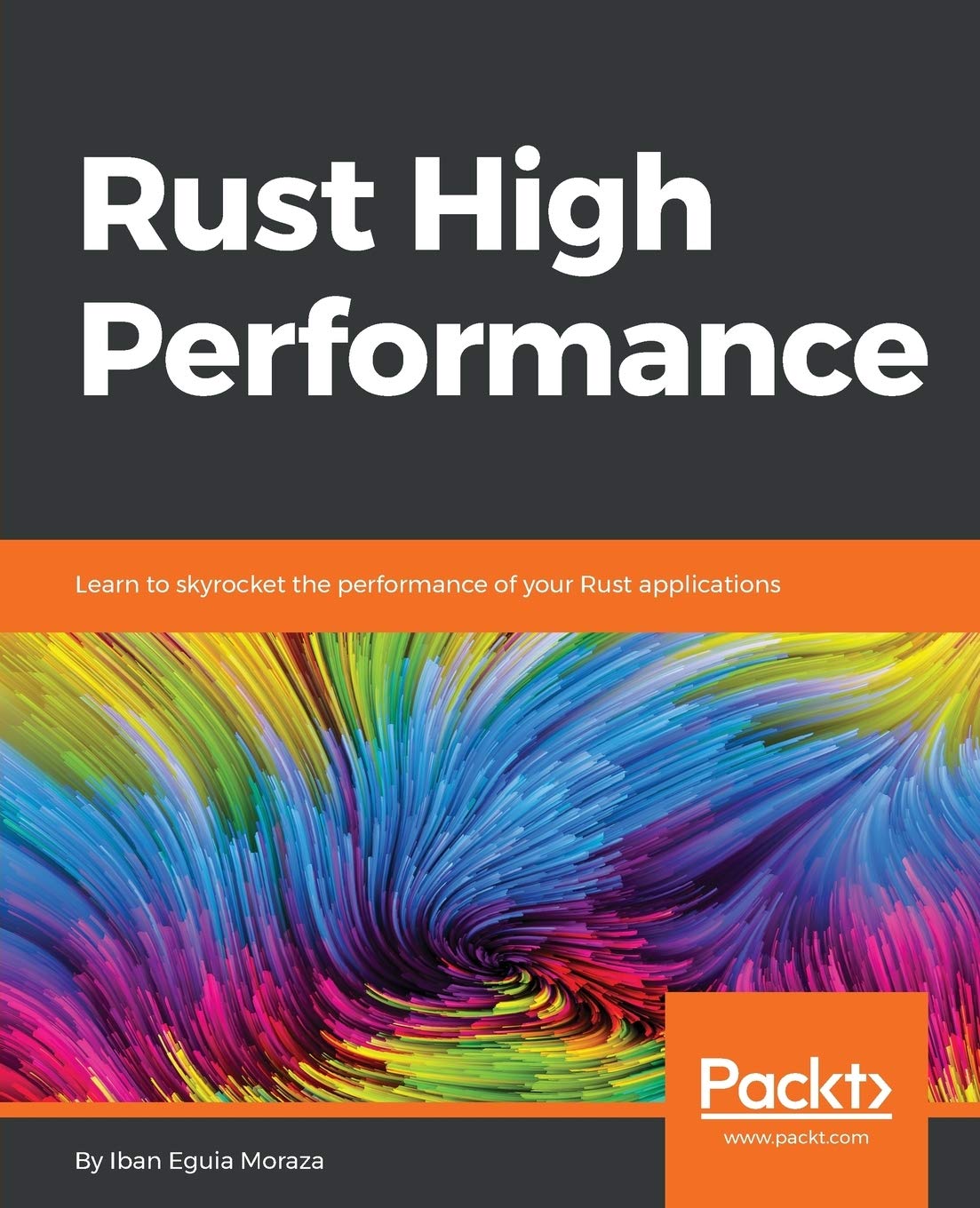
A terrible book. I didn't expected Abrash's level, but not such a superficial approach either: a couple of chapters with simple Rust-related optimizations, and for the rest, very generic, or downright unrelated subjects (macros!?).
2020
-
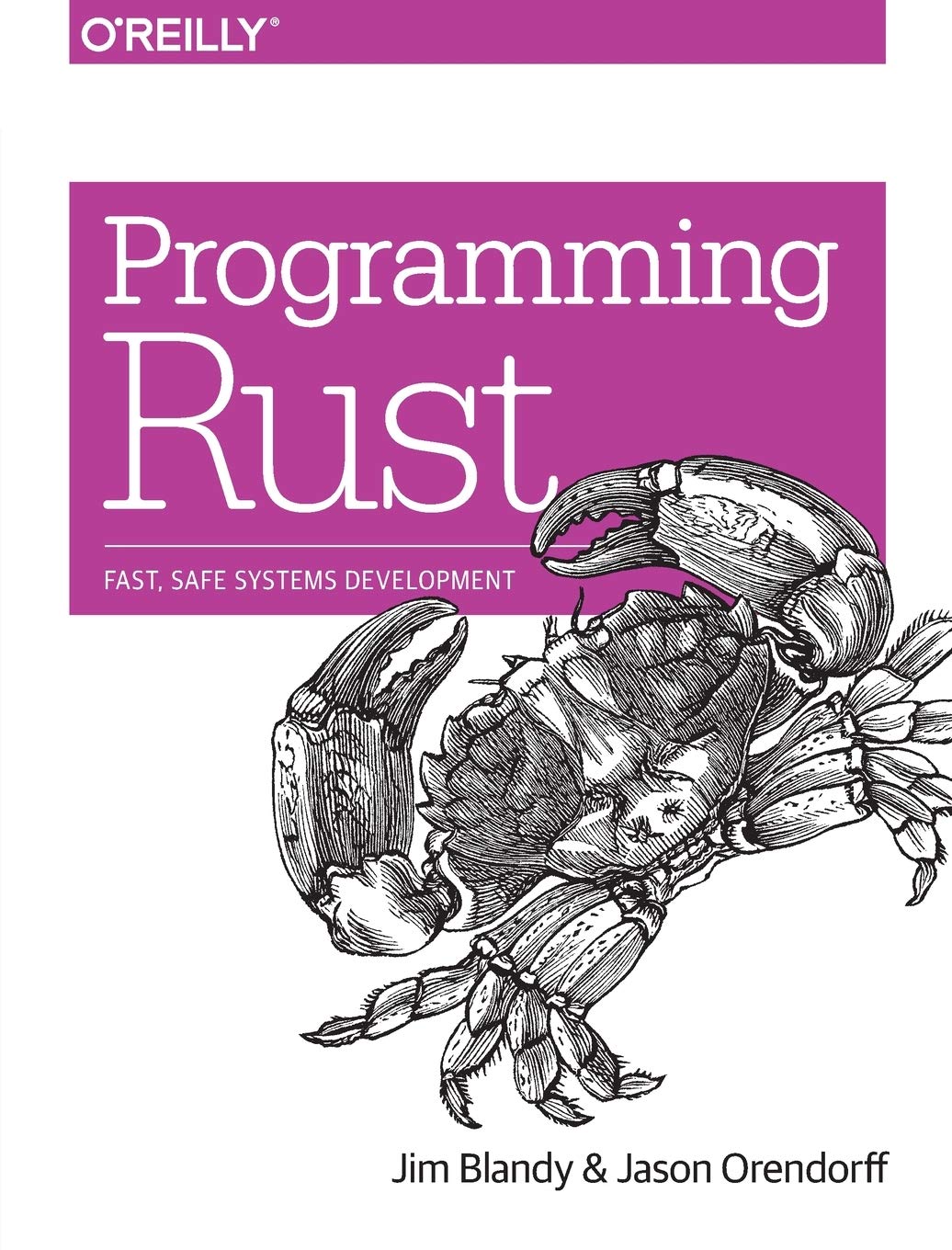
A bottom-up approach to learning Rust. I think it's a very good companion to "The Rust Programming Language", and a valid read even if it's outdated.
-
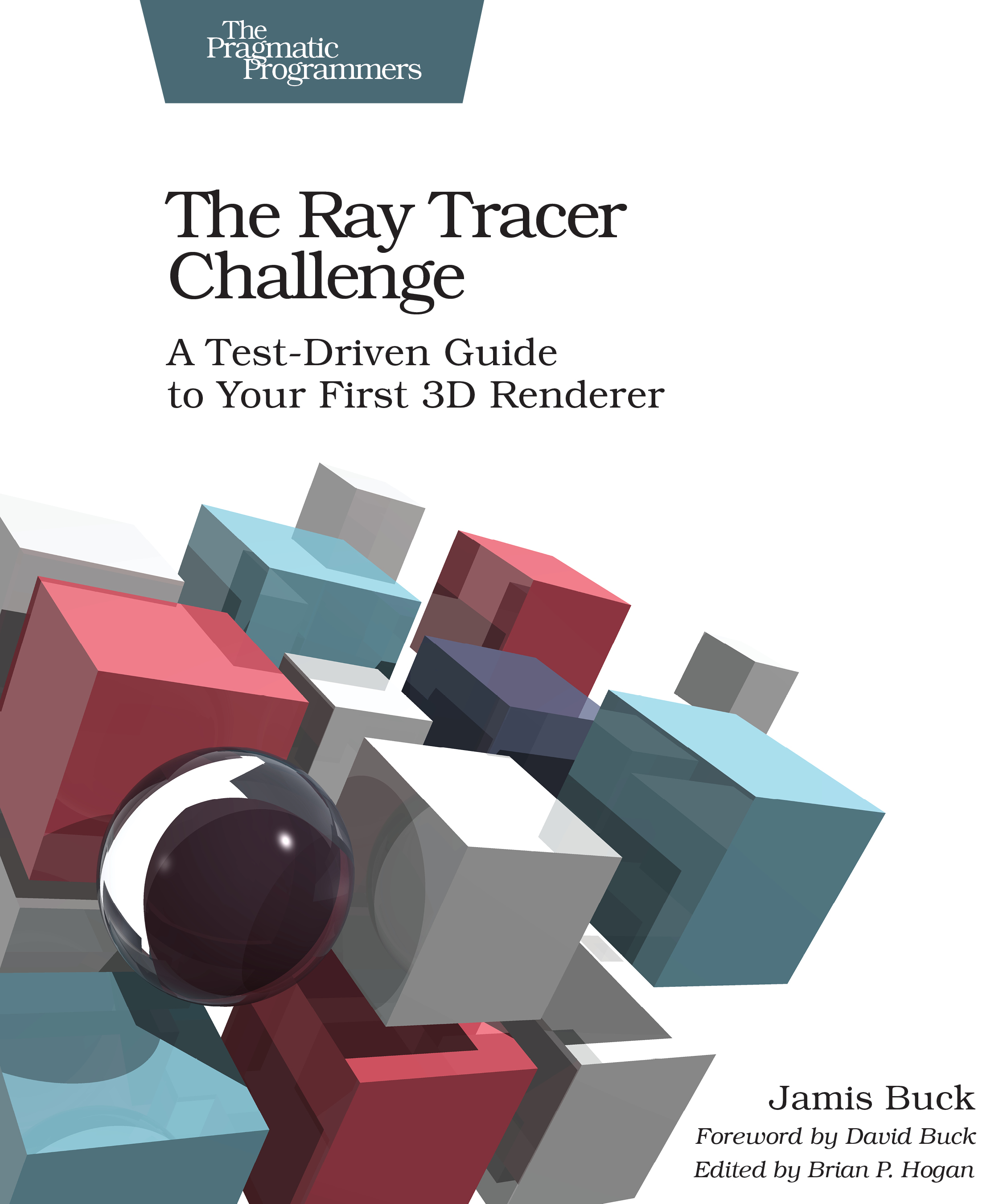
A very entertaining book, with an interesting format. It's my reference project to exercise a new programming language on (I've used it for Rust).
-
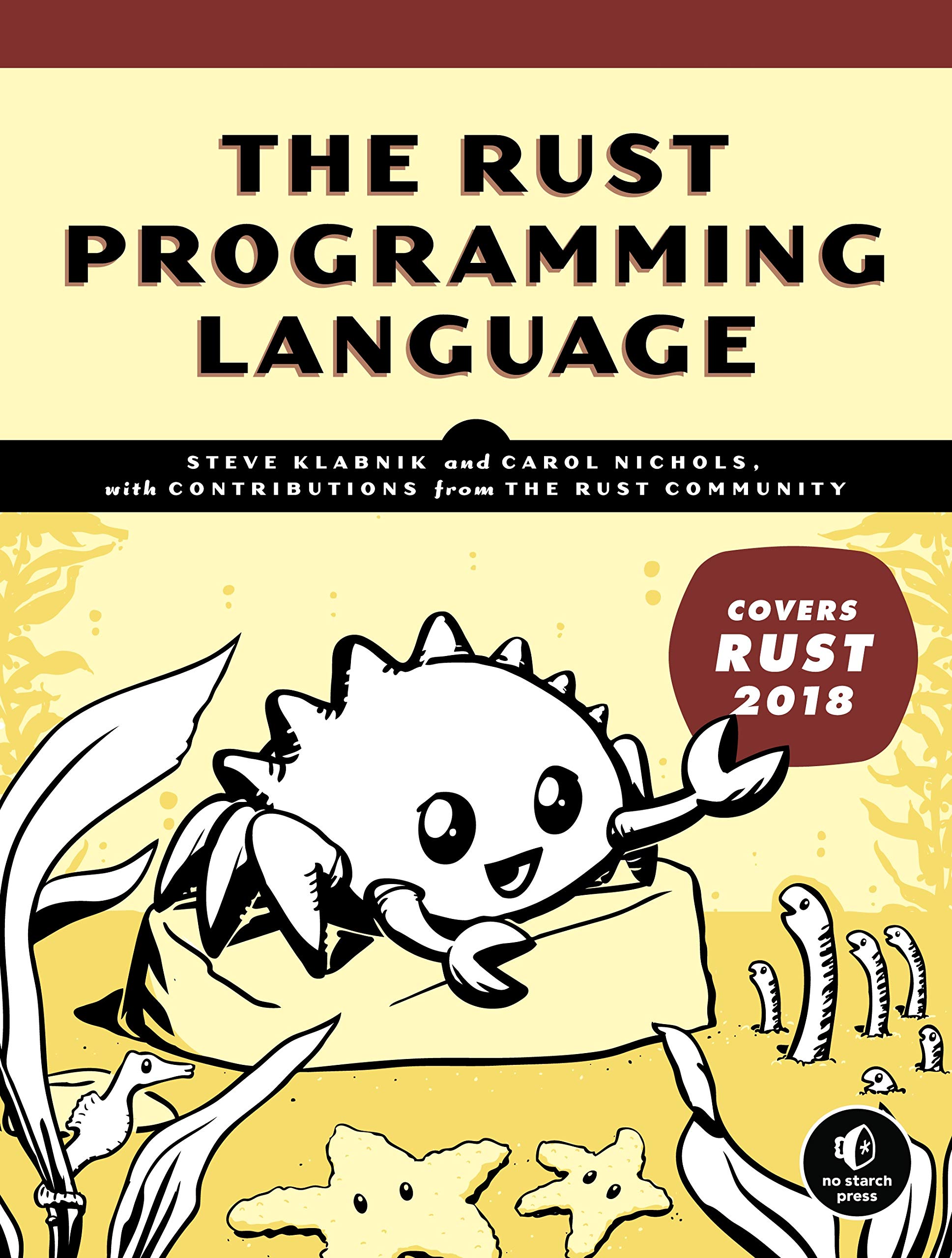
The Rust reference book.
-
 An excellent course. Even if the certification is basic, it's worth spending the time on it, in order to be aware of the main AWS services (skipping the marketing chapters!). An exercise I found very useful is to implement all the concepts as Terraform resources.
An excellent course. Even if the certification is basic, it's worth spending the time on it, in order to be aware of the main AWS services (skipping the marketing chapters!). An exercise I found very useful is to implement all the concepts as Terraform resources. -
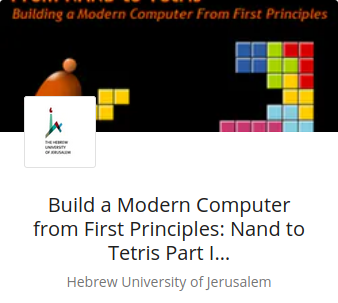
Part 1 of a classic, in MOOC version (well done, in my opinion).
-
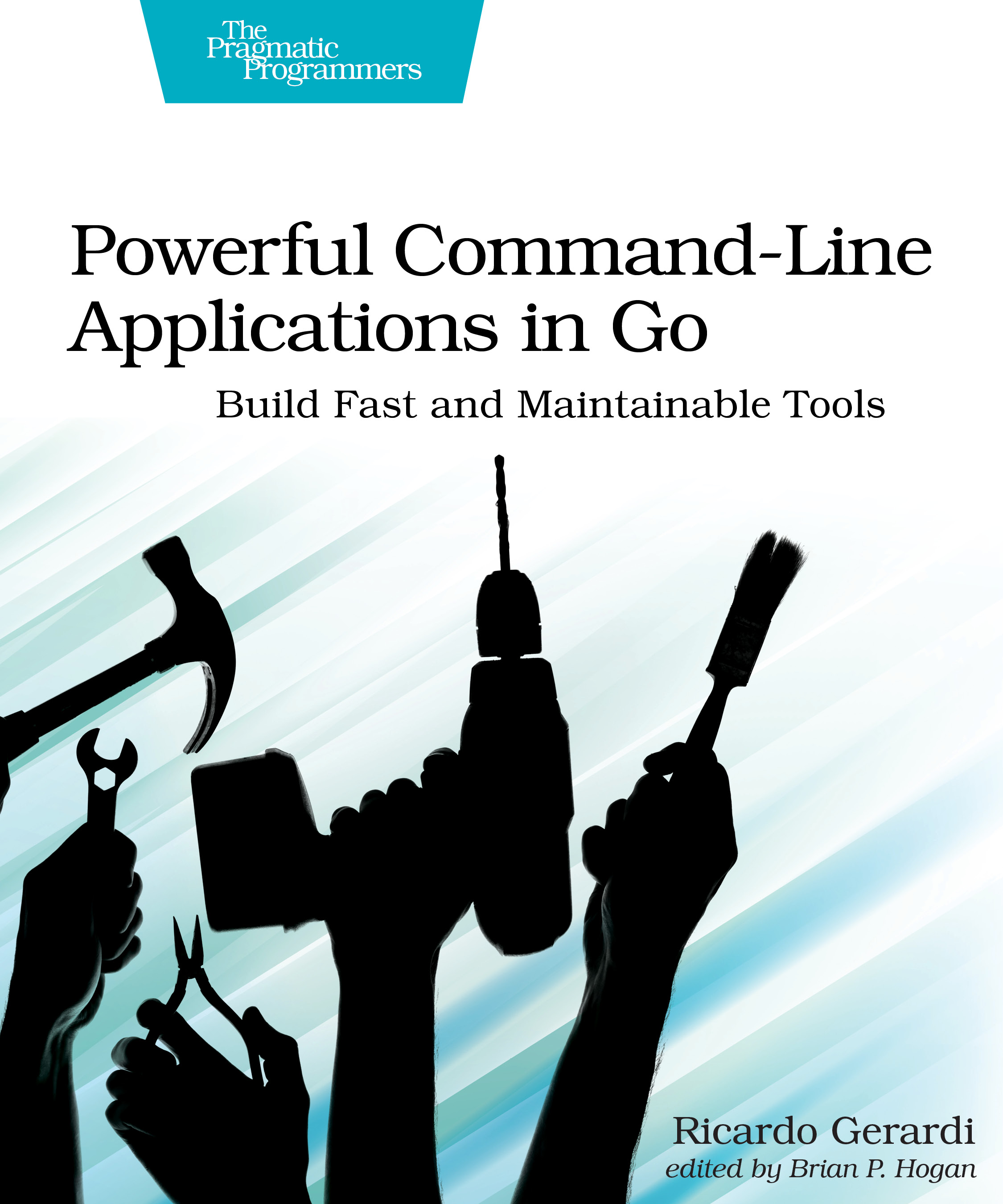
A very good book; the content is well adjusted to the intended target, and the examples and exercises provided are very educational. Beware though, because labelling a book that is less than 60% complete, as "Beta 2", is a fraud in itself.
-
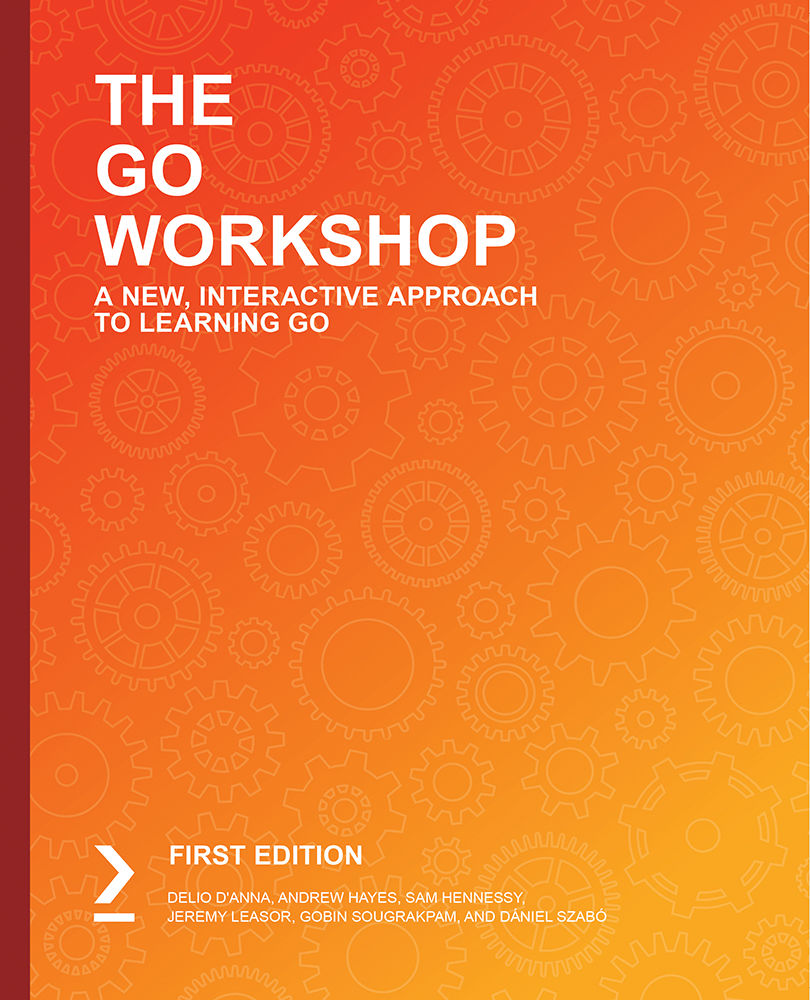
A pleasant book for Go newcomers.
2019
-
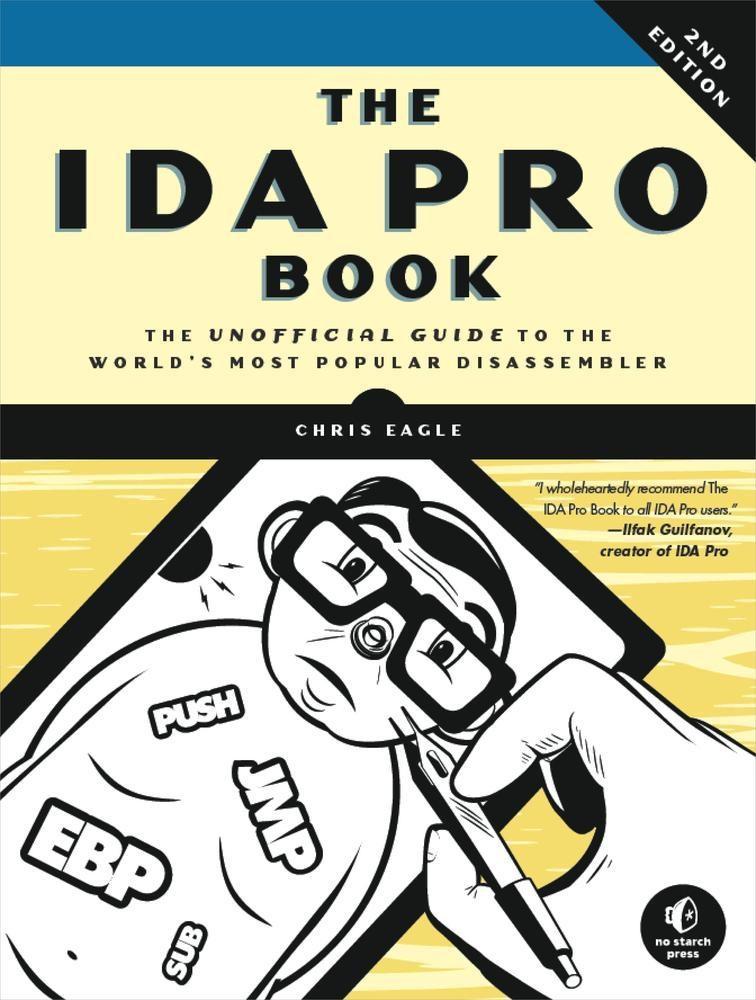
An excellent guide to IDA Pro. It's relatively old, but it aged very well, as the core concepts didn't change with the following IDA versions.
-
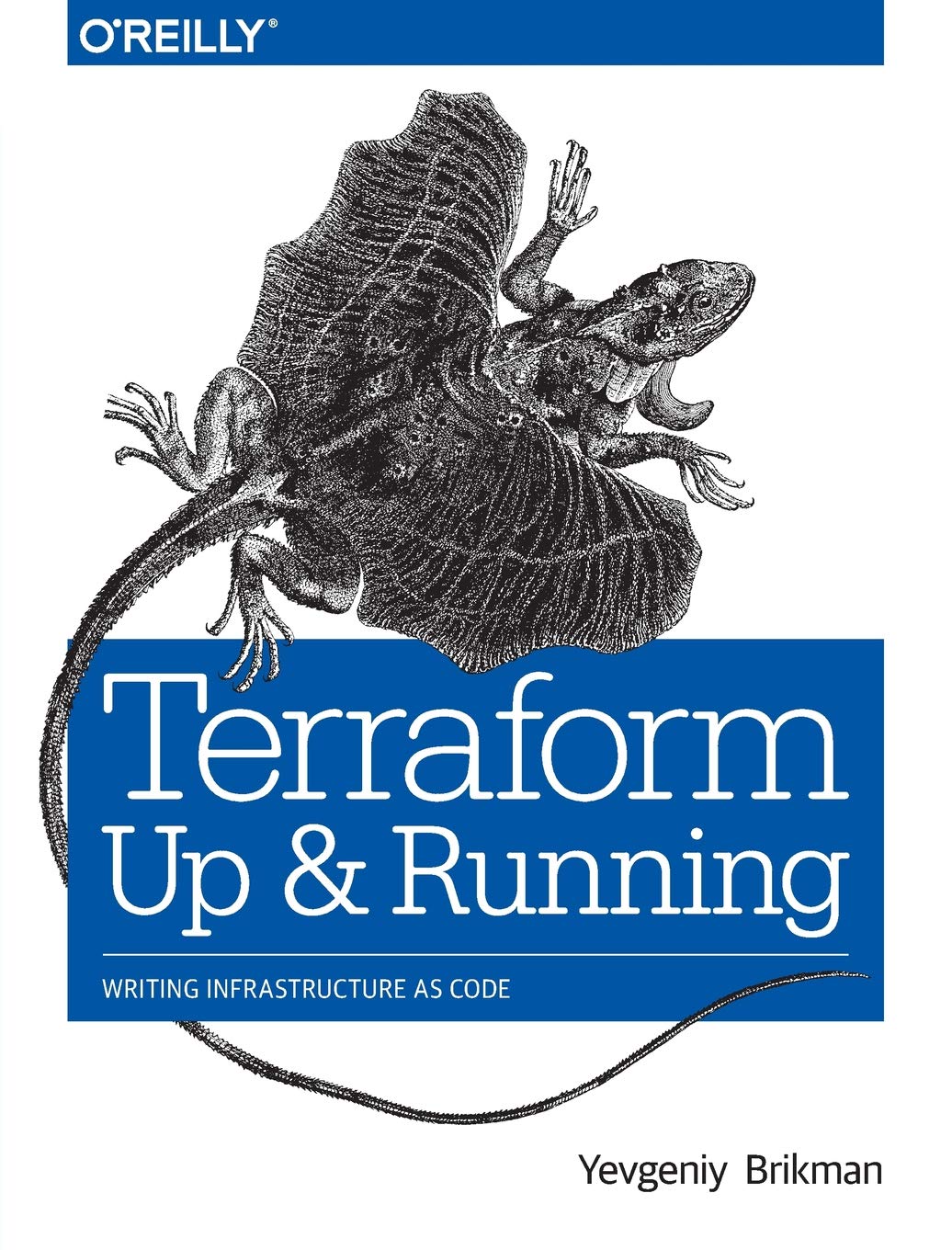
A thorough introduction to Terraform and the related engineering practices. Although outdated, all the principles still apply.
-
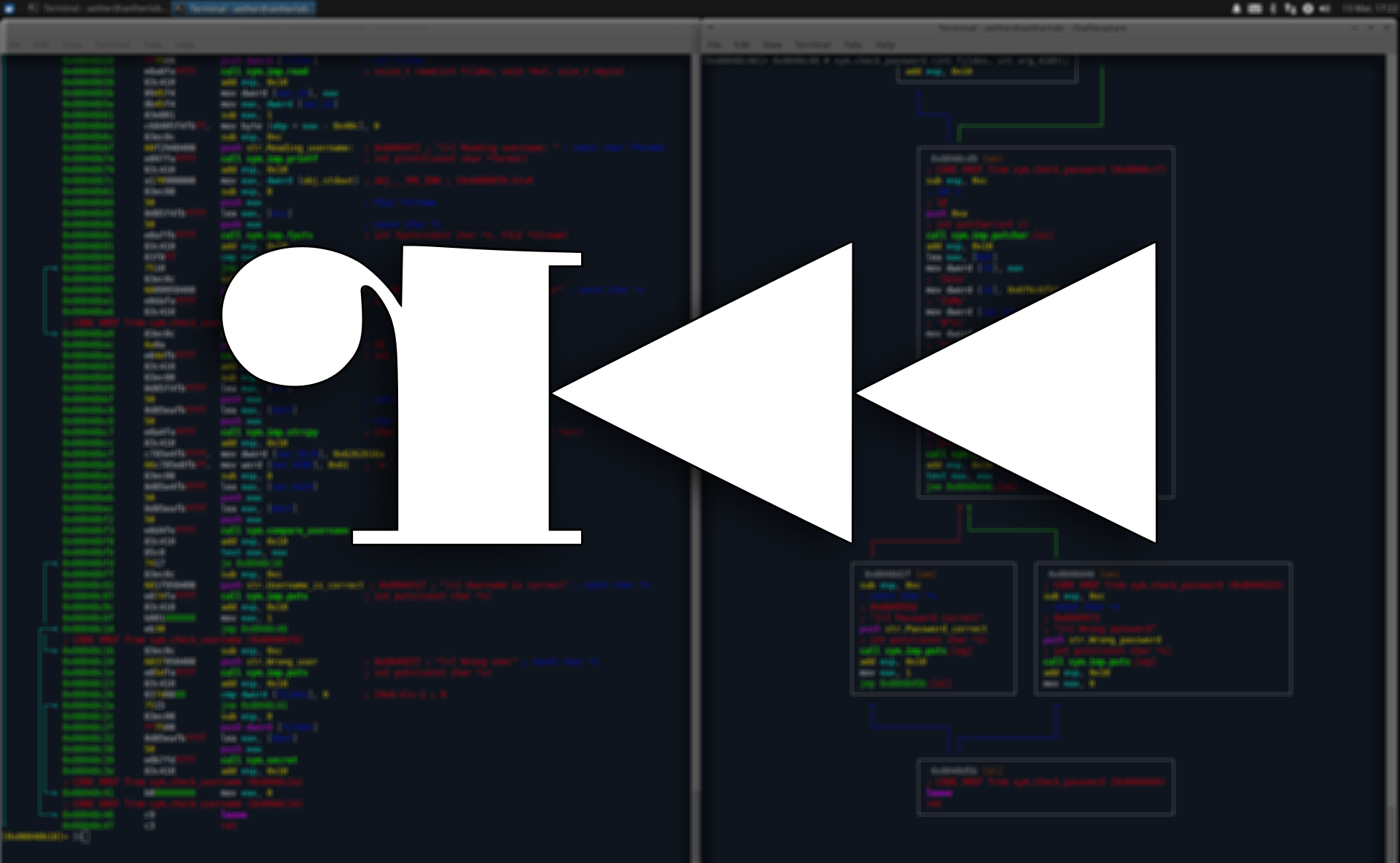
Reverse Engineering with Radare2 (Udemy): much needed introduction to Radare2; it has a hands-on approach, which gives a good overview.
-
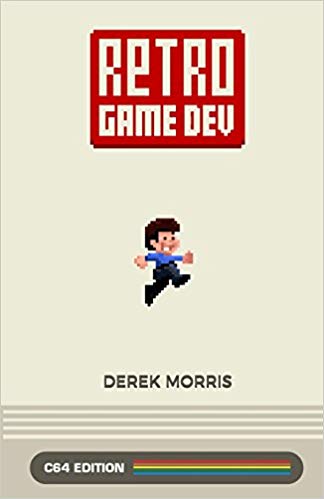
A very shallow book on programming games for Commodore 64; the big issue is that a framework is used, so that one gets to know very little about how the C64 works.
-
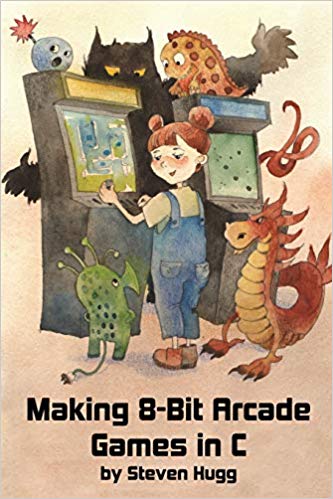
A very interesting and thorough book on programming games on arcade machines in C; a few platforms are included.
-
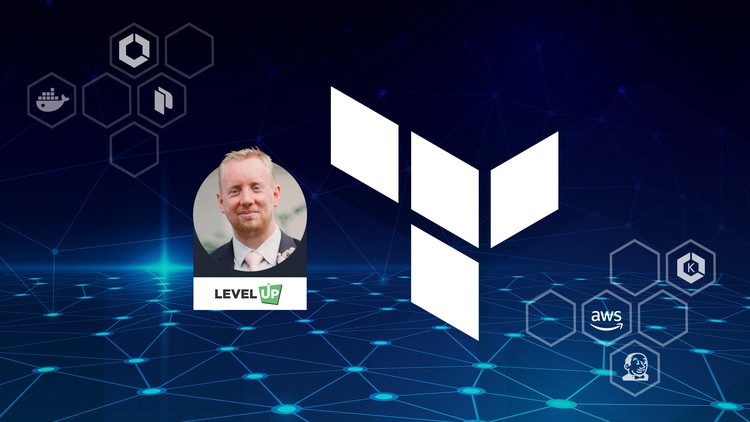
Terraform Course from a DevOps Guru (Udemy): a course for beginners, with good coverage and clear examples.
-
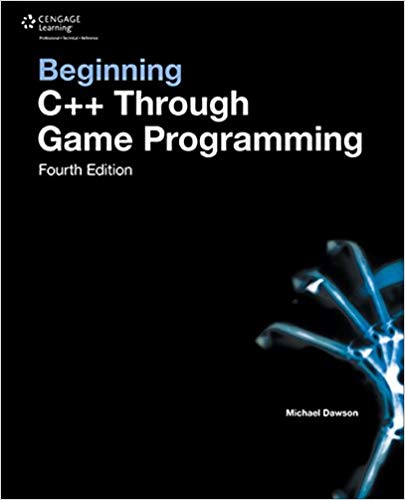
A fun book to start C++ with; covers the language essentials with consistent progression, and uses example games that are simple enough to be thoroughly analyzed.